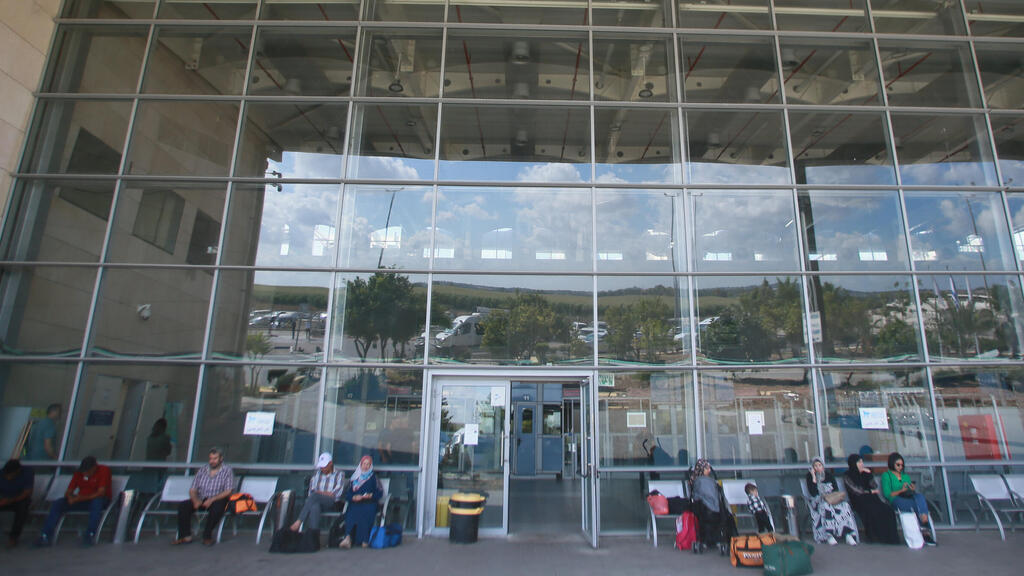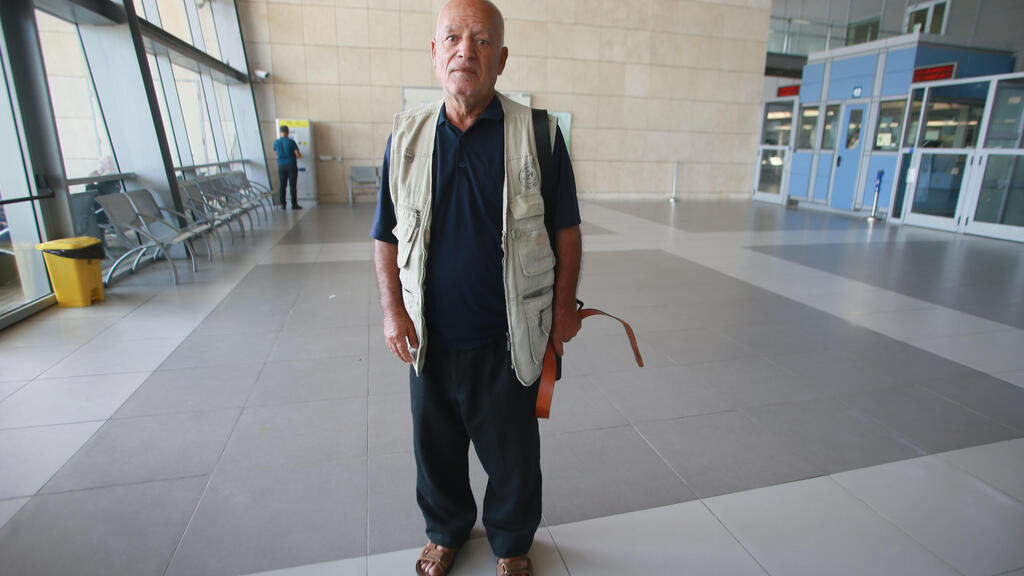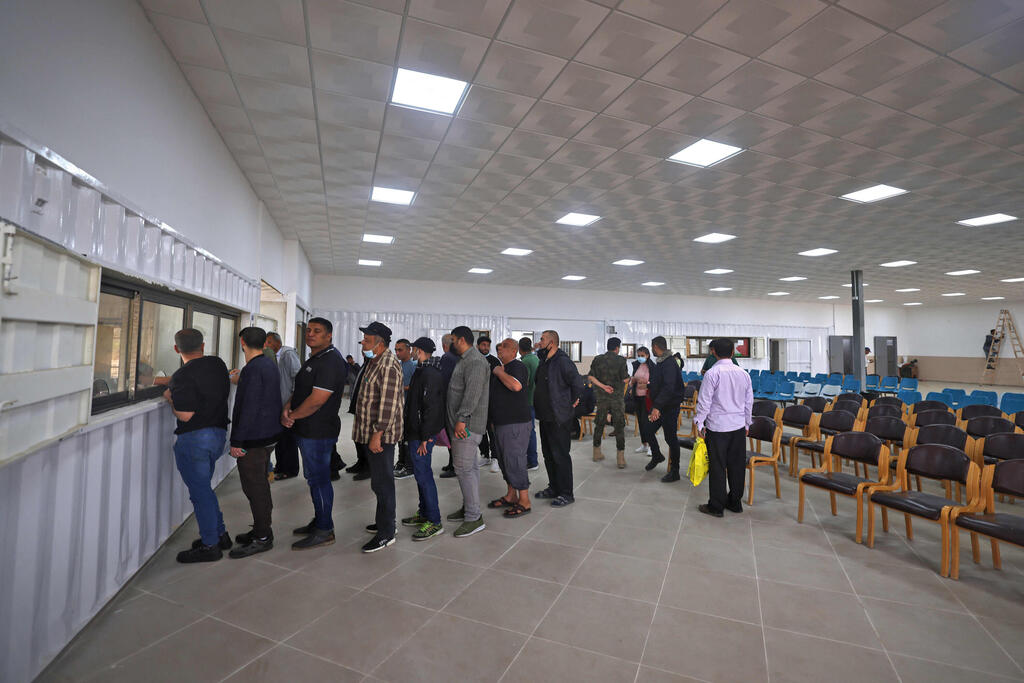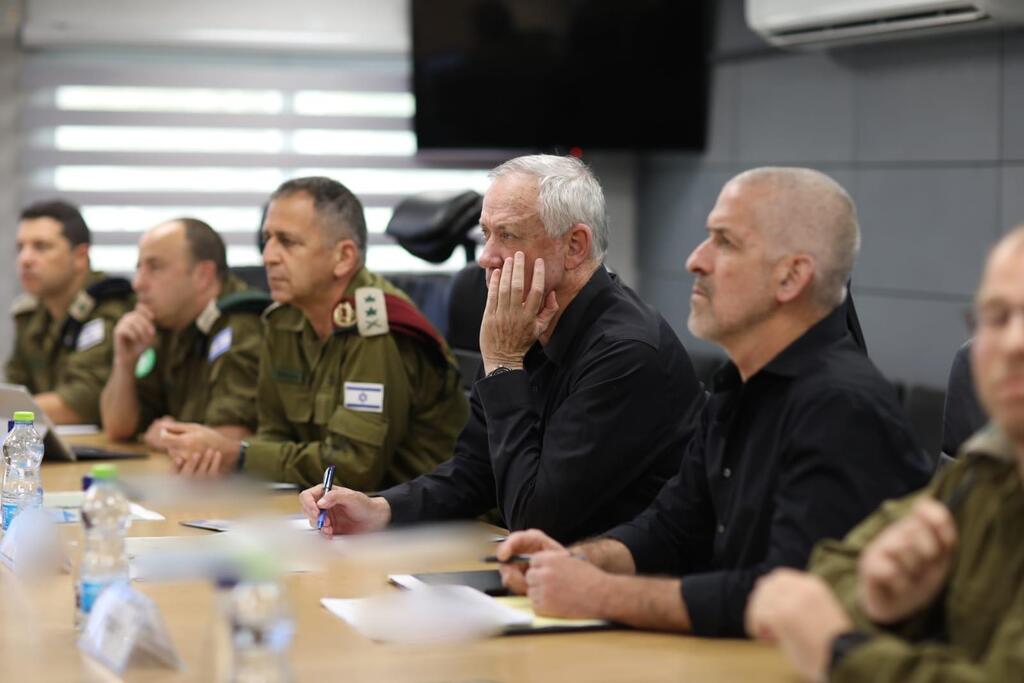After 15 years, Gazans are once again lining up at the Erez border crossing equipped with work permits, and eager to bring home Israeli salaries, as the government's increase of work permit quotas for residents of the Palestinian enclave into effect.
The Economy Ministry, following consultations with defense officials, on Sunday gave the final approval for the move to boost the number of permits, allowing up to 14,000 Gazan workers to come and work in Israel, with that number expected to increase until 20,000.
For Gazans, the ability to work in Israel often times translates into a salary up to three or four times higher than what the Palestinians would make in the Strip.
Shakir Barabeh is a merchant from Khan Yunis, and a father of eight children - all of whom are married and living in the Strip. Prior to Hamas taking over Gaza, the 60 year old merchant worked in Israel non-stop, thus speaks Hebrew well.
"When the crossing is open, it is splendid. If we're working - everyone's satisfied. It doesn't matter if it's Hamas, if it's the Fatah or if its Israel - if we have food then everything is okay," Barabeh said. "We also don't want wars, only peace. There was a war in 48, in 56, in 67, in 73. Enough with the wars. We have kids and we need money for them to have food."
Debates over allowing Gazans to work in Israel have been raging for the past three years. The current government, in cooperation with Defense Minister Benny Gantz, decided to increase the permit quote and open the border crossing for more workers.
The Erez Crossing, from which the merchants enter Israel, was buzzing with people on Monday but was calm on riots, talks on politics or Hamas. This is not because it's prohibited or dangerous, rather because it's irrelevant.
The workers enter the border crossing complex, receive a signature, and go on to meet their pre-organized shuttle drivers that take them to their work places all throughout Israel.
Most of these workers remain in Israel for the whole week, where they are employed in branches such as agriculture, construction, industry, food, and commerce. At the end of their work day, they return to their rented apartments in southern Israeli cities, such as Ashkelon, Ashdod, Be'er Sheva, Sderot, and Rahat.
"We're dependent on Israel because the situation in Gaza is not good and there is no work there," explains Rami, one of the Gazan workers. "We're really hoping that there will be peace and there will not be problems. We want an increase in the number of workers. The economic situation is the most important. When there is no work or income, people escape Gaza. We can't live in war."
Rami lives in the heart of Gaza City and has seven children. He shared that his 11-year-old daughter suffers from anxiety because of the Israeli bombings in the recent security operations.
"My dream is that my daughter will be able to enter Israel, so that she'll learn that the Israelis aren't scary and that in Israel they want to live with us in good neighborliness," he said. "I'm sure, if she'll visit in Israel it will help her face her fears."
Although the slogan that economic development equals peace seems to be bearing fruit, it often proves to be very fragile. Only a week and a half ago Israel announced it would suspend entrance of the workers due to the latest rocket launch from Gaza.
The political rank believes that Hamas will think twice before it hits the red button when Israeli work permits, and consequently its public image, are at stake. On the contrary, security officials believe that Hamas has different political and security considerations, and will act according to its own agenda - which often leaves out economic factors.
One way or another, Gantz and the IDF intend to stick to the decision and ease curbs on the Gazan economy for as long as possible.
Hamed Masri, a Gaza resident who works at a produce shop in central Israel, said: "Now the situation in Gaza is better. From the moment workers are allowed to enter, everything is okay. It's a good income, and a person who has money doesn't create problems. When Israel closes the crossing its a big problem, seriously. A person who doesn't have money has nothing to lose."





